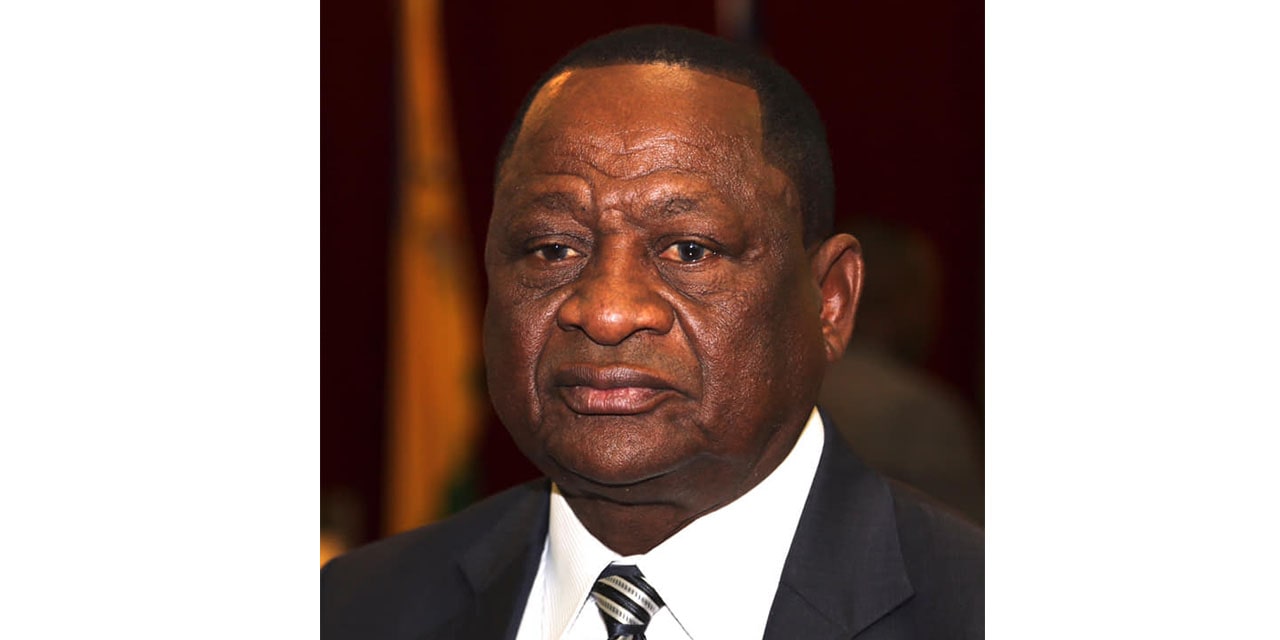Niël Terblanché
Representatives from 12 African countries as well as stakeholders from international organisations such as PEPFAR, UNAIDS, and the Global Fund attended the Regional Technical Network (RTN) on Resource Optimization of HIV and Broader Health Resources in Windhoek on Monday.
This is the second meeting where stakeholders discuss strategies to enhance the efficiency and sustainability of HIV programs and health systems.
Minister of Health and Social Services, Dr Kalumbi Shangula, while opening the meeting stressed the progress made in combating HIV/AIDS over the past decade.
“While there have been notable reductions in new infections and AIDS-related deaths, the challenge of resource availability remains a critical concern,” he said.
Shangula said that Africa, which bears the brunt of the global HIV burden with over 25 million people living with the virus, must continuously innovate and retool its strategies to ensure the effectiveness of interventions and the sustainability of health systems.
He also drew attention to the diminishing financial support from international development partners, exacerbated by the economic impacts of the COVID-19 pandemic.
“This reduction in external funding has intensified the need for African countries to focus on domestic resource mobilisation to sustain their HIV response efforts,” he said.
Shangula added that optimising existing resources and improving alignment between funding sources are critical for maintaining the progress made thus far and advancing towards the global target of eliminating HIV/AIDS as a public health threat by 2030.
“The challenges faced in the fight against HIV/AIDS and in strengthening health systems are not confined to individual countries but are shared across the region,” he said.
The minister called for robust cooperation and coordination among all stakeholders to address these challenges effectively.
“The formation of the RTN demonstrates the region’s collective commitment to this mission,” he said.
Delegates were urged to remain focused on the ultimate goal of ending HIV/AIDS as a public health threat by 2030.
Shangula said he is confident that through greater coordination, collaboration, and the strategic use of data, the region can build resilient health systems capable of withstanding future challenges and improving the health and well-being of all its people.
The meeting also sought to develop priority action items for future activities related to HIV sustainability planning.




